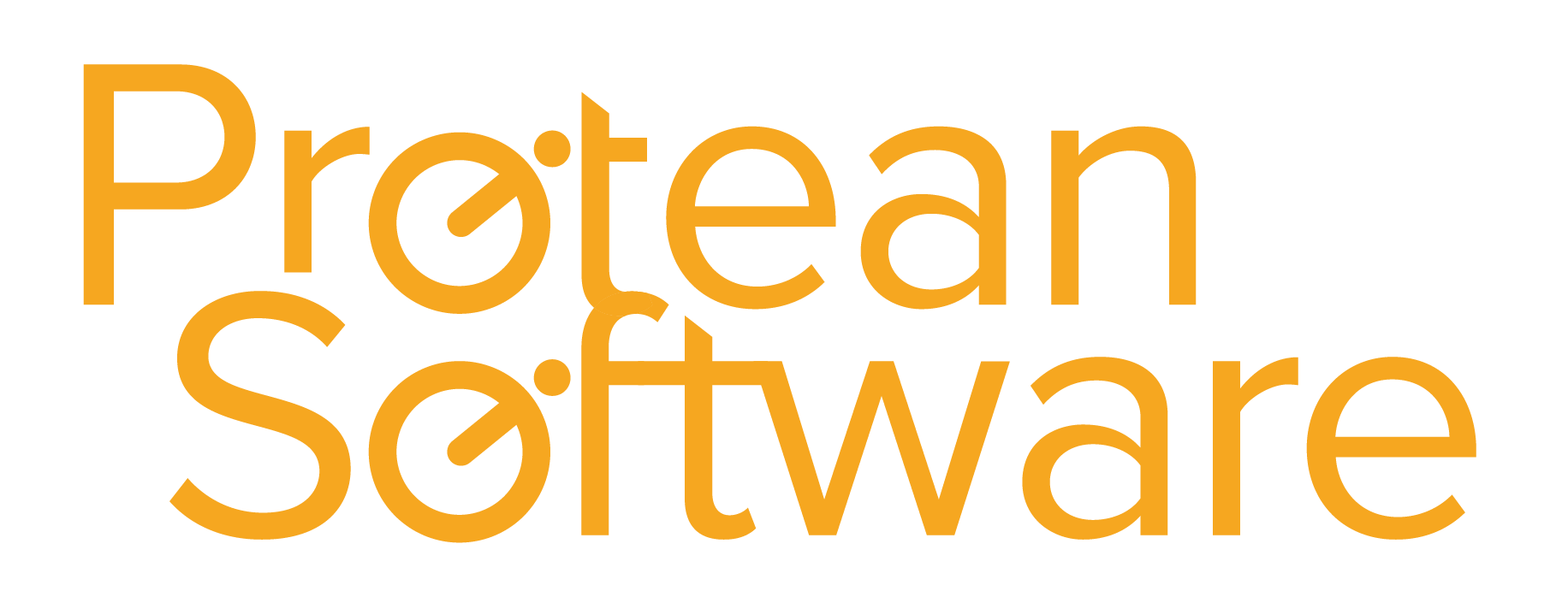What is F-Gas?
22nd March 2022 Uncategorised
F-Gas is made up of man-made familial gases that are applied to industrial units. The most common usage of F-Gas is for commercial RAC (refrigeration and air conditioning) and HFC (Hydrofluorocarbon). Although F-Gases are strong greenhouse gases, they don’t cause any damage to the ozone layer. They have been used as an alternative solution for ozone-depleting substances for this reason.
The core aims of F-Gas regulations
The main purpose of F-Gas is to decrease and contain emissions by using reliable industrial units. F-Gas regulations were introduced in May 2006 and then revised in April 2014. Here is a list of what’s included:
- More control of applications of F-Gases
- Retrieval of F-Gases towards the end of the plant’s life and during its service so that it can be repurposed, reclaimed, or even destroyed.
- F-Gases companies must be certified and train their staff who’ll be dealing with F-Gases
What are the legal obligations we must fulfil?
It is against the law to release F-Gases into the air. Essentially, it is the responsibility of an operator or F-Gas Engineer to ensure they follow all legal regulations of equipment that contain F-Gases:
- Take precautionary action to prevent leakage
- Conduct regular checks for any leakages
- Repair any leakages immediately
- Install automatic leak detectors upon approval
- Manage records of any refrigerant losses and service every piece of equipment available
How to be Gas certified in Field Service?
Companies including sole traders must be qualified and licenced by an approved certification body. This is a key requirement as trained professionals can fulfil their obligations in managing equipment containing F-Gases. Operators don’t need to service refrigerated HGVs and trailers, switchgear with high power, and mobile air conditioners on vehicles.
HVAC Businesses that wish to be certified must demonstrate that they have a sufficient number of skilled workers to carry out the work. Additionally, they must provide a written process for minimising emissions and how F-Gases are managed safely. Furthermore, the certification body may conduct audits to ensure you’re following the procedure correctly. It’s a criminal offence to work with F-Gases without being certified. If you’re not qualified, a civil penalty is issued.
Make sure you follow the procedures and legal requirements when qualifying as an F-Gas Engineer. For more details on F-Gases and whether your company is entitled to certify please contact us. Our technical team are available by phone on 02476710300 and by email: enquiries@proteansoftware.co.uk


Write a Comment